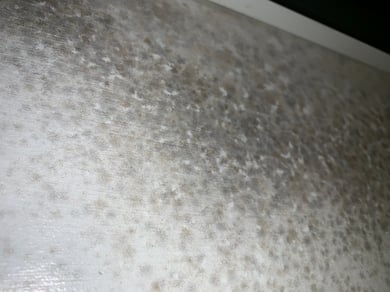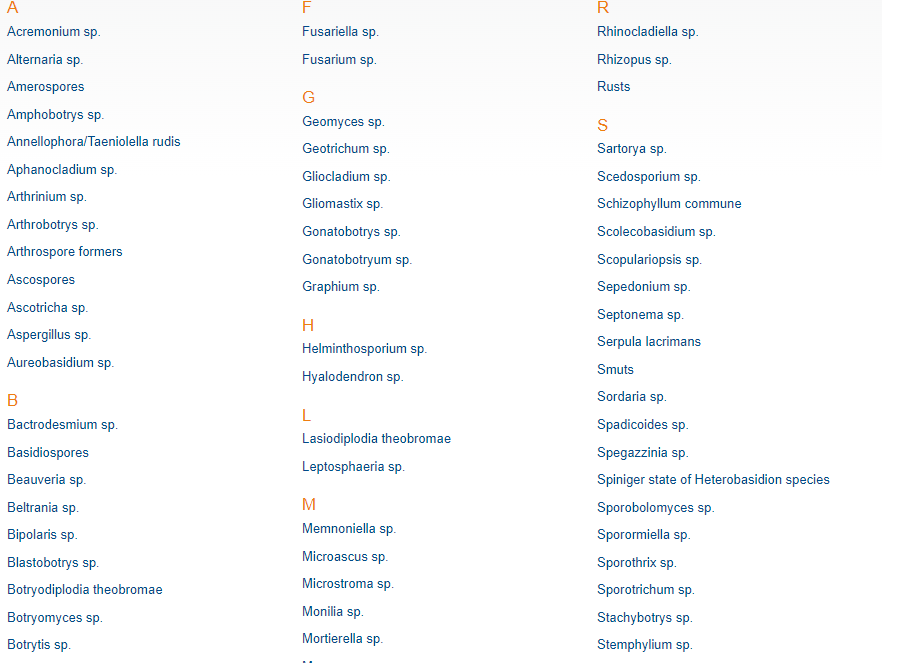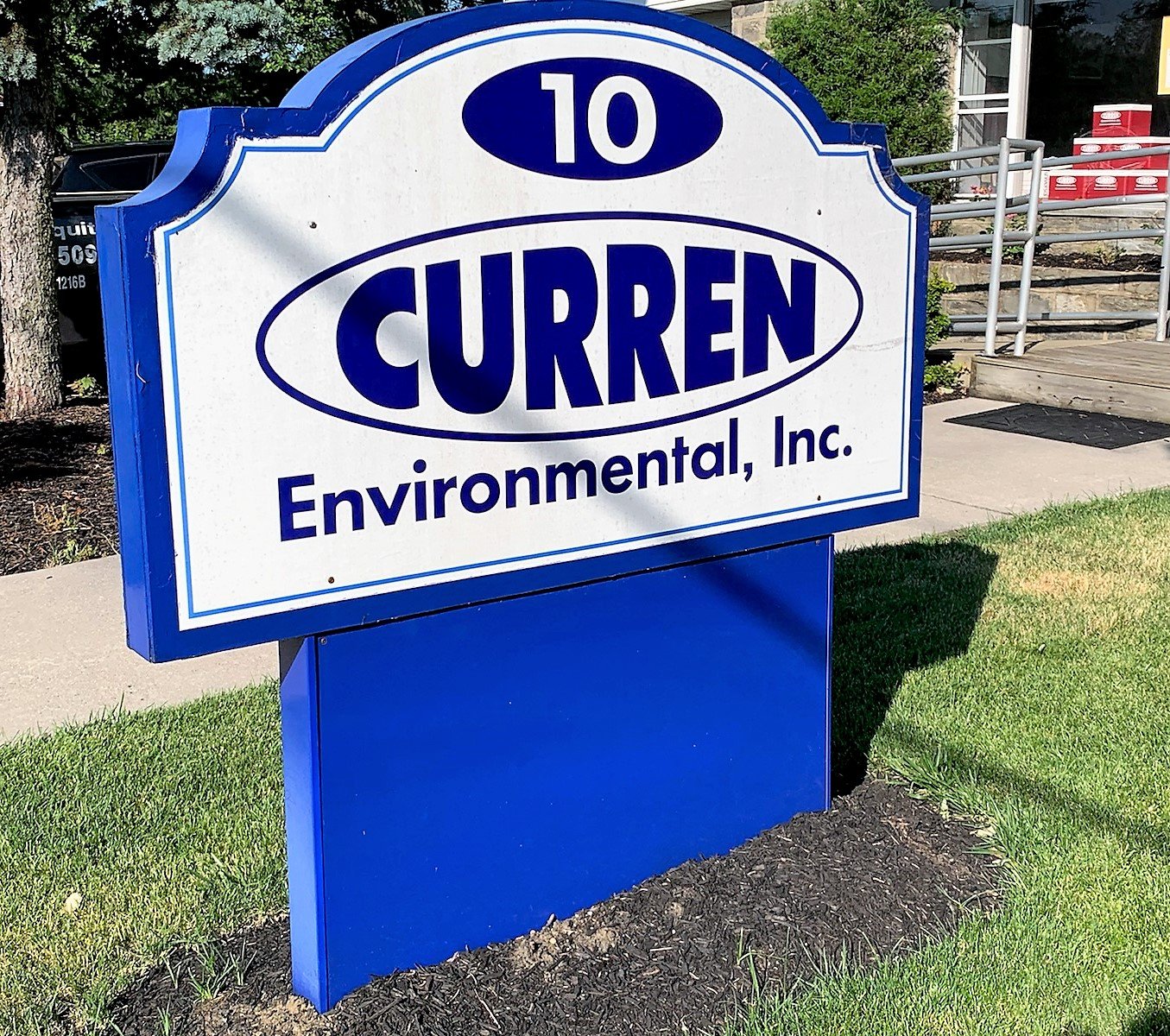Most buyers are turned off by oil tanks and mortgage lenders don't like oil tanks either. In most cases, the best choice is to have the oil tank decommissioned or removed – and this is what experienced educated realtors and 90% of attorneys will advise. Now you may ask "Why remove an oil tank when you can have the oil tank tested for leaks"? Curren Environmental fields that question many times a day, the answer isn't what you think.
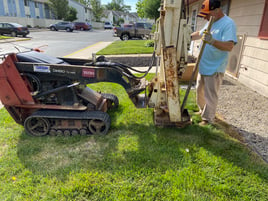 Curren Environmental owns equipment that tests soil for contamination from oil tanks, and equipment to remove oil tanks. Curren can easily get paid to test the oil tank for soil contamination and remove the oil tank after settlement, but that is not what Curren recommends. It is best if I provide scenarios that explain the process and reasoning for removal over testing an oil tank.
Curren Environmental owns equipment that tests soil for contamination from oil tanks, and equipment to remove oil tanks. Curren can easily get paid to test the oil tank for soil contamination and remove the oil tank after settlement, but that is not what Curren recommends. It is best if I provide scenarios that explain the process and reasoning for removal over testing an oil tank.
House for sale with abandoned not in use oil tank.
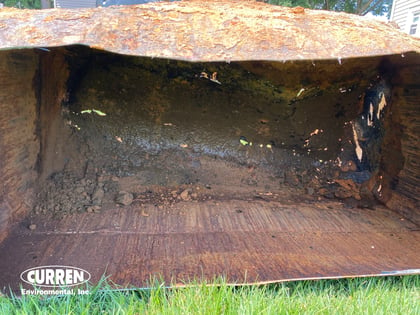 In this situation, the owner (or prior owner) stopped using the oil tank and maybe went to an above-ground storage tank (AST) or converted to natural gas. If they replaced the oil tank with an AST it is likely because the underground oil tank (UST) had problems, either leaking or taking on water in the oil tank. No one wants to spend money for the sake of spending money. Why would you want to waste money to test the oil tank, because if it's leaking it would need to be removed anyway? The professional recommendation is to remove and test under the tank. The property owner should have removed the oil tank when they stopped using the oil tank rather than shifting the buyer to the cost of removing the oil tank and testing for soil contamination.
In this situation, the owner (or prior owner) stopped using the oil tank and maybe went to an above-ground storage tank (AST) or converted to natural gas. If they replaced the oil tank with an AST it is likely because the underground oil tank (UST) had problems, either leaking or taking on water in the oil tank. No one wants to spend money for the sake of spending money. Why would you want to waste money to test the oil tank, because if it's leaking it would need to be removed anyway? The professional recommendation is to remove and test under the tank. The property owner should have removed the oil tank when they stopped using the oil tank rather than shifting the buyer to the cost of removing the oil tank and testing for soil contamination.
I cannot think of any reason why you would choose to test an oil tank rather than just remove the oil tank.
House for sale with an in-use heating oil tank.
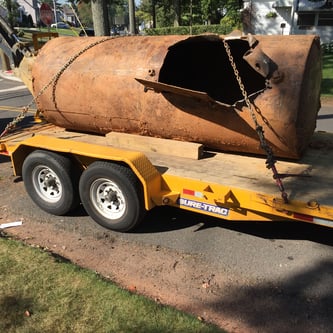 The house in this situation is circa 1900, I would estimate the home was heated by wood or coal with an oil conversion after WWII, say the tank was installed in 1950, making the oil tank 74 years old. This means the oil tank should be retired and collecting social security. Clearly, the oil tank should be removed and replaced, because even if the oil tank test passes, it would be recommended to remove the oil tank. After all, the oil tank is beyond any expectation of a reusable lifespan. The oil tank is likely leaking, because what do you have that is 74 years old and is functionally brand new - I'd love to hear about it!
The house in this situation is circa 1900, I would estimate the home was heated by wood or coal with an oil conversion after WWII, say the tank was installed in 1950, making the oil tank 74 years old. This means the oil tank should be retired and collecting social security. Clearly, the oil tank should be removed and replaced, because even if the oil tank test passes, it would be recommended to remove the oil tank. After all, the oil tank is beyond any expectation of a reusable lifespan. The oil tank is likely leaking, because what do you have that is 74 years old and is functionally brand new - I'd love to hear about it!
Removing a tank, that is being used triggers the need to replace the heating source, which might mean installing a new AST or converting to another fuel source like propane or natural gas. Expenses for sure, but someone has been living on borrowed time and has not replaced an old tank. Know that a brand new oil tank today would have a 10 or 20-year warranty, a 50+ warranty, does not exist. Would you feel comfortable driving a car that is 20+ years old?
You may ask if the oil tank is a replacement oil tank for another oil tank that can still be located on the property.
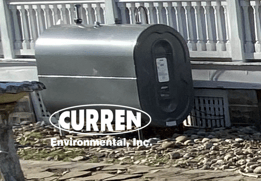 Unless you have paperwork saying the oil tank was replaced, it's the original, I can only recall two people in the past 35 years who replaced their UST with another UST and in both cases, they replaced it because the 1st oil tank leaked and it was dug it up and installed the new tank in the same excavation. Years later when we removed oil tank #2, boom oil was found in the soils.
Unless you have paperwork saying the oil tank was replaced, it's the original, I can only recall two people in the past 35 years who replaced their UST with another UST and in both cases, they replaced it because the 1st oil tank leaked and it was dug it up and installed the new tank in the same excavation. Years later when we removed oil tank #2, boom oil was found in the soils.
House for sale with an in-use heating oil tank, owner will not allow removal, your only option is testing. Know all oil tank testing limitations.
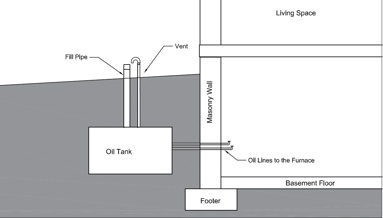 The concern regarding an oil tank is all things have a finite lifespan and require replacement. You can complete a limited subsurface investigation, a technical name for a tank test, around the current location of the number two heating oil Underground Storage Tank, (UST),
The concern regarding an oil tank is all things have a finite lifespan and require replacement. You can complete a limited subsurface investigation, a technical name for a tank test, around the current location of the number two heating oil Underground Storage Tank, (UST),
I state limited, as you cannot drill beneath the oil tank, nor between the tank and the dwelling as that is where the feed lines run from the oil tank to the heater so the borings do not provide 100% coverage as oil can be located in these areas. Please note that any detection of oil is indicative of a release and is reportable to NJDEP. Our proposed borings will be advanced along the three sides of the tank.
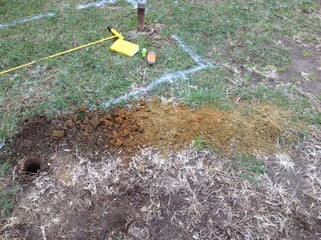
10 facts about oil tank testing
- Testing is just delaying the removal of the oil tank.
- 90% of the time when you test an oil tank and find it leaked, the client bemoans they wasted their money, which should have been spent on removal.
- If you test and find a leak, it is required by law to be reported to the state.
- To test you need a public utility mark out which takes a minimum of 3 business days to complete, so you have to wait several days to test.
- Soil sample analysis at a lab takes about 5 to 7 business days and it used to take 10 days, so add another week in delays.
- You typically test a oil tank on a property you do not own, so you need permission to do so, surprising how many owners do not want to let you test.
- Check your sales contact, you can test, but the seller likely has not agreed to paying for anything relating to removal or remediation. So you just lost your money.
- When you test an oil tank, it is pass or fail. If the oil tank fails, you will not know the cost to remediate it as that is a different scope of work. Expect a second mobilization and thousands of dollars to diagnose the remediation needs.
Splitting oil tank removal cost with seller is usually cheaper than just testing the tank. - Data gaps exist in all testing, as you cannot test under the tank or between the house and the tank, leaving you open to liability.


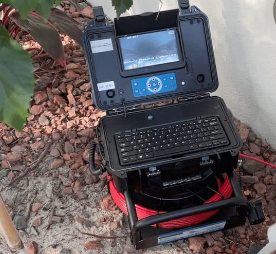

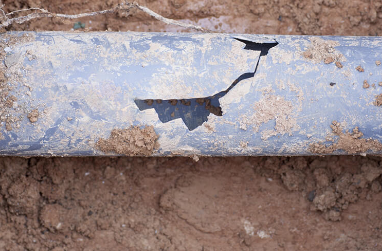

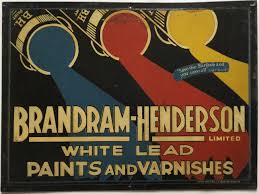
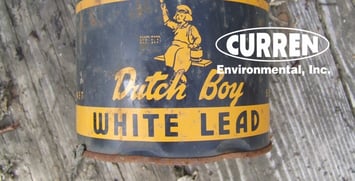
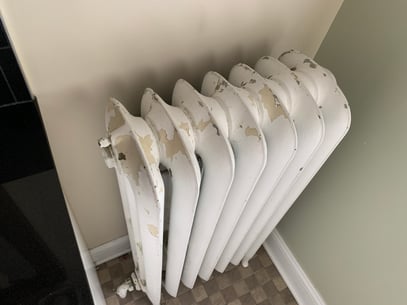
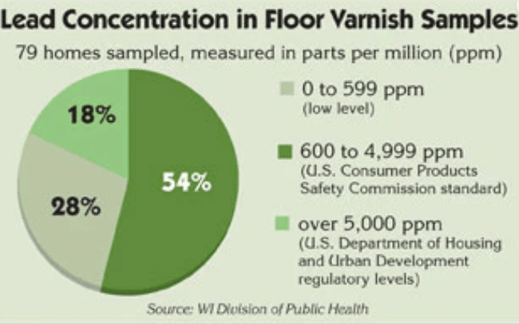
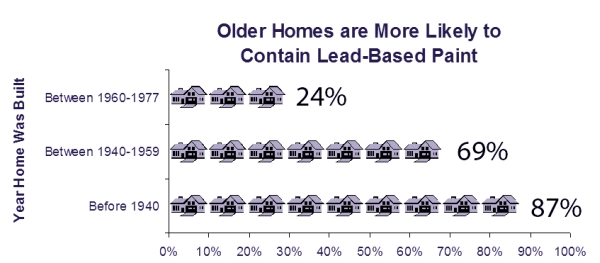

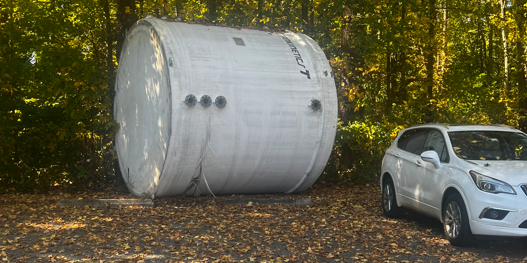
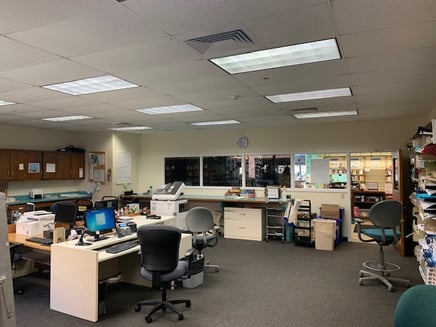
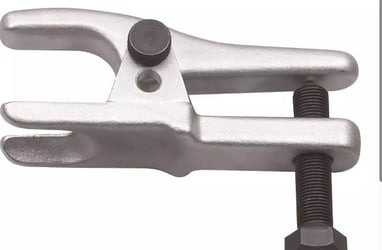
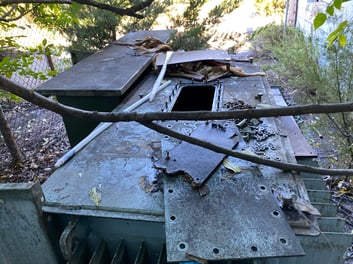
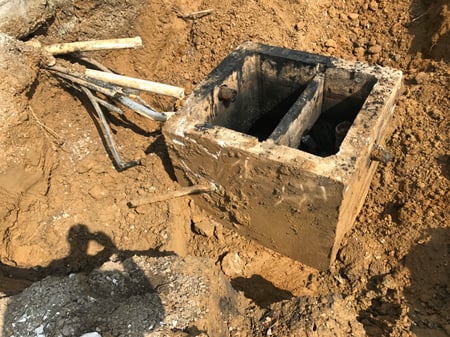
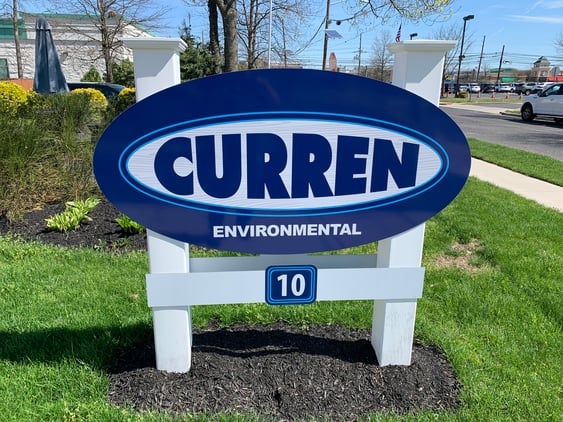
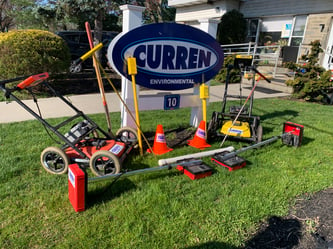
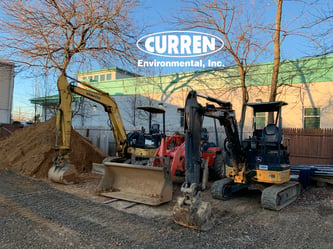
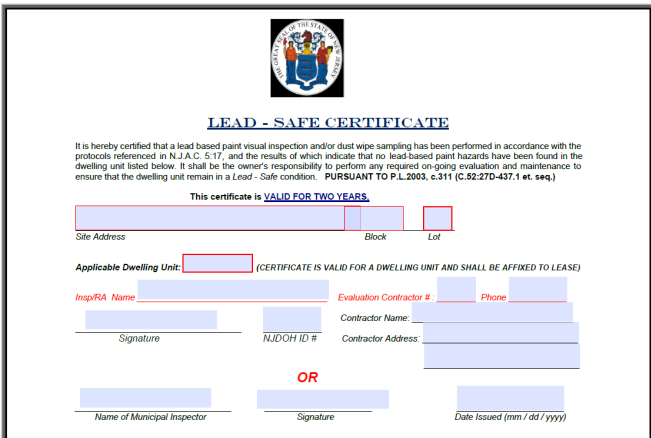
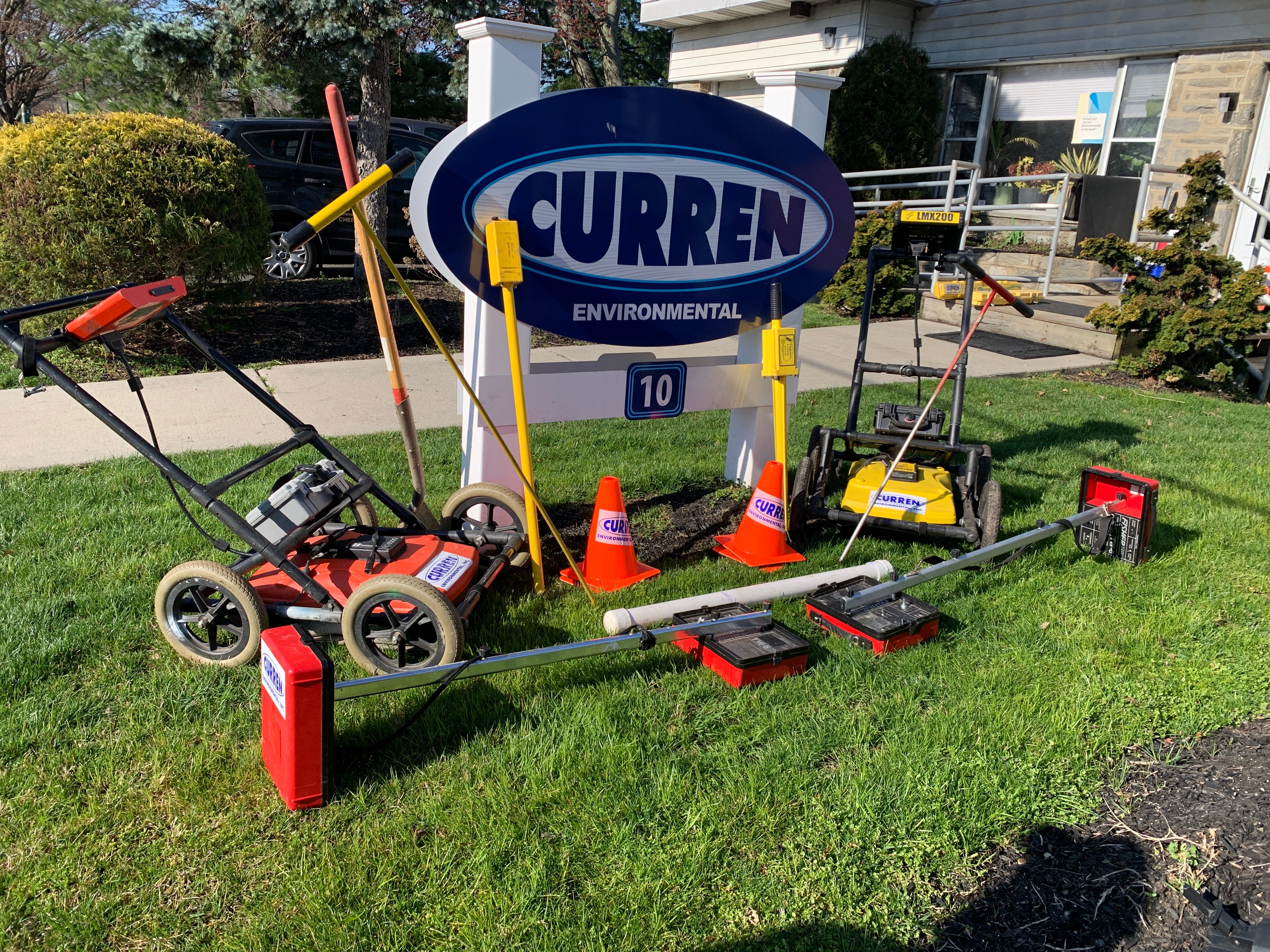
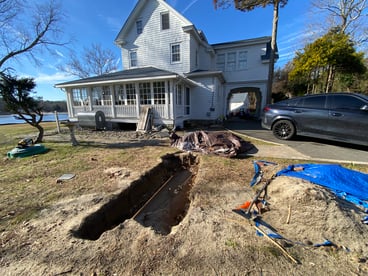
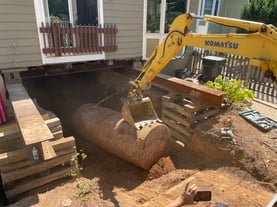 This brings us to today why should anyone be concerned about an oil tank, oil comes from the ground. Well, New Jersey has no past or present drilled oil wells, we are not an oil-rich state, simply put oil is not naturally present in the ground in New Jersey. What we are burdened with are regulations. Yes, there are regulations governing oil tanks. The most broad-reaching regulation is the Spill Act from the 1970s which says any release of a contaminant to the environment is reportable to the New Jersey Department of Environmental Protection (NJDEP). On top of this law are regulations that dictate what amount of oil is permissible and what is not. Levels above what is permissible require what is known as remediation. Other laws are construction defining what you must do to a tank when you remove it from service (either remove it or clean and abandon it in place). You are also burdened with the definition of a Responsible Party (RP). An RP is kind of like a store policy that says you break it you buy it. In terms of an oil tank that leaks and requires remediation, well if you own a property or buy a property with an oil tank that leaks, well you are responsible for addressing it, hence the Responsible Party term. This is why home buyers are wary of oil tanks. This is why homeowners selling a property with an oil tank have problems, nobody wants to have the financial burden of cleaning up an oil tank leak. Let me add another layer to this, banks, and mortgage companies are wary of providing financing for a home purchase if an oil tank was or may present. Oil contamination can and has devalued homes, somewhere it makes sense for homeowners to walk away from the mortgage, leaving the bank with the problem.
This brings us to today why should anyone be concerned about an oil tank, oil comes from the ground. Well, New Jersey has no past or present drilled oil wells, we are not an oil-rich state, simply put oil is not naturally present in the ground in New Jersey. What we are burdened with are regulations. Yes, there are regulations governing oil tanks. The most broad-reaching regulation is the Spill Act from the 1970s which says any release of a contaminant to the environment is reportable to the New Jersey Department of Environmental Protection (NJDEP). On top of this law are regulations that dictate what amount of oil is permissible and what is not. Levels above what is permissible require what is known as remediation. Other laws are construction defining what you must do to a tank when you remove it from service (either remove it or clean and abandon it in place). You are also burdened with the definition of a Responsible Party (RP). An RP is kind of like a store policy that says you break it you buy it. In terms of an oil tank that leaks and requires remediation, well if you own a property or buy a property with an oil tank that leaks, well you are responsible for addressing it, hence the Responsible Party term. This is why home buyers are wary of oil tanks. This is why homeowners selling a property with an oil tank have problems, nobody wants to have the financial burden of cleaning up an oil tank leak. Let me add another layer to this, banks, and mortgage companies are wary of providing financing for a home purchase if an oil tank was or may present. Oil contamination can and has devalued homes, somewhere it makes sense for homeowners to walk away from the mortgage, leaving the bank with the problem. 